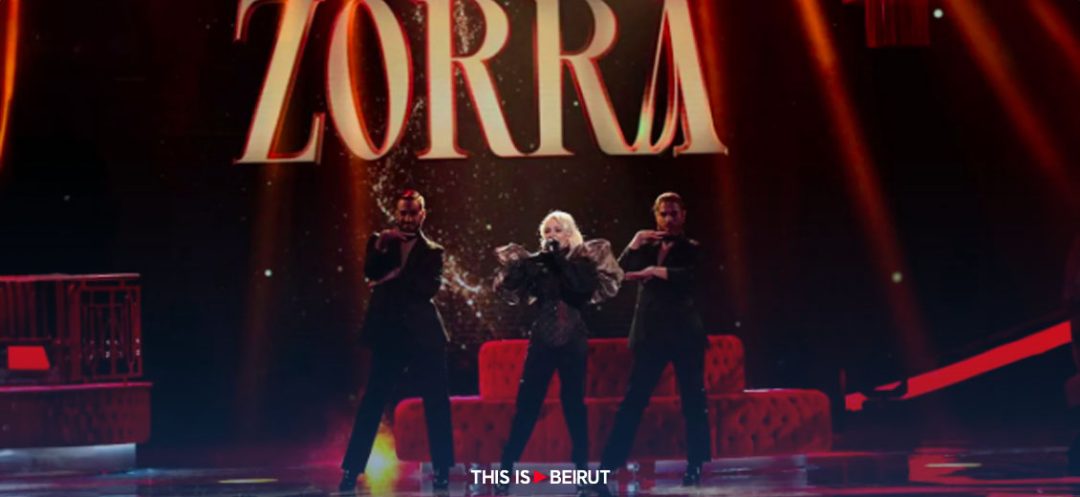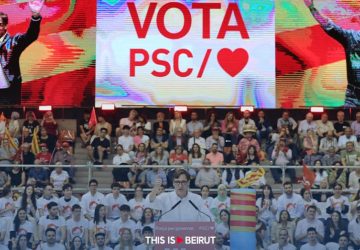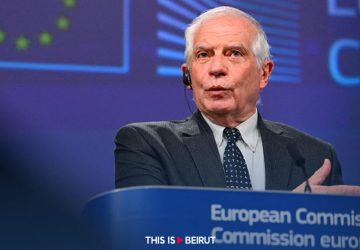Listen to the article
In an event that has stirred considerable controversy, on February 3, the musical duo Nebulossa clinched victory at the Benidorm Fest, securing their position as Spain’s representatives for Eurovision 2024 with their pop song Zorra. Aiming to reclaim a sexist slur, the chosen track has sparked an uproar among feminist groups, prompting government officials to publicly endorse the song.
Nebulossa’s selection to represent Spain at Eurovision 2024 with Zorra has ignited a complex debate over the song’s feminist implications and the role of provocative art in public discourse. As the event approaches, the dialogue surrounding Zorra has included broader discussions on sexism, language and empowerment within contemporary society.
Zorra, which translates to “fox” in English, carries the dual connotation of a derogatory term for a prostitute or promiscuous woman in English. María Bas, in her lyrics, explores themes of misunderstanding and reclamation, stating in an interview with Spain’s public broadcaster RTVE, “This title is a way to transform this word into something beautiful,” emphasizing empowerment and self-knowledge. This provocative message and the song’s lyrics have drawn criticism from several Spanish feminist organizations, demanding that the song be withdrawn from Eurovision. The Madrid Feminist Movement, in a detailed statement, condemned the song for its “macho insults” and criticized the attempt to “wash away the offense by claiming it empowers women” as an “absurdity.”
The controversy has escalated to the national level, with Spain’s Prime Minister, Pedro Sánchez, and the Minister of Equality, Ana Redondo García, both expressing support for Zorra. Sánchez highlighted the intersection of feminism and entertainment, stating, “Feminism is not only just but also entertaining, hence this kind of provocation must necessarily come from culture.” García praised the song for its “humorous nature and breaking of stereotypes.” The Eurovision organizer, the European Broadcasting Union (EBR), has validated Zorra for competition, acknowledging the diverse interpretations of the song’s title and content. This decision underscores the contest’s inclusive values and openness to artistic expression. The decision is crystal clear: Nebulossa won’t have to change their lyrics for Eurovision.
Nebulossa’s Journey to Eurovision 2024
Nebulossa’s path to Eurovision represents a remarkable narrative of artistic evolution and public engagement. The group released their debut EP UFO in 2019, followed by multiple singles and their first studio album Poliédrica de mí in 2021. Their participation in Una voce per San Marino and subsequent victory at Benidorm Fest 2024, where they excelled in both jury and public votes, highlights their growing prominence in the European music scene. Originating from Ondara in Spain’s southeastern Valencian Community, Nebulossa is composed of vocalist María “Mery” Bas and keyboardist and producer Mark Dasousa. The couple, married for two decades with two children, founded Nebulossa in 2018, inspired by a fascination with nebulas during a visit to an observatory in Port Ainé in the Pyrenees. The name’s double “s” pays homage to the Valencian language.
With AFP





